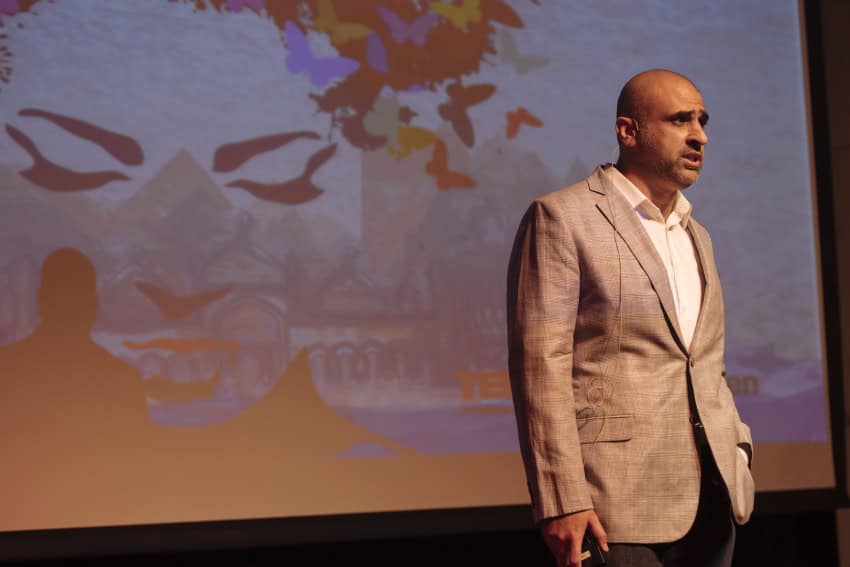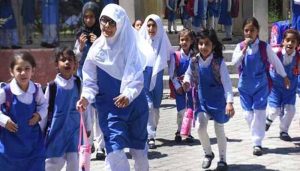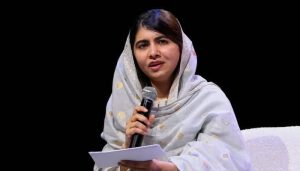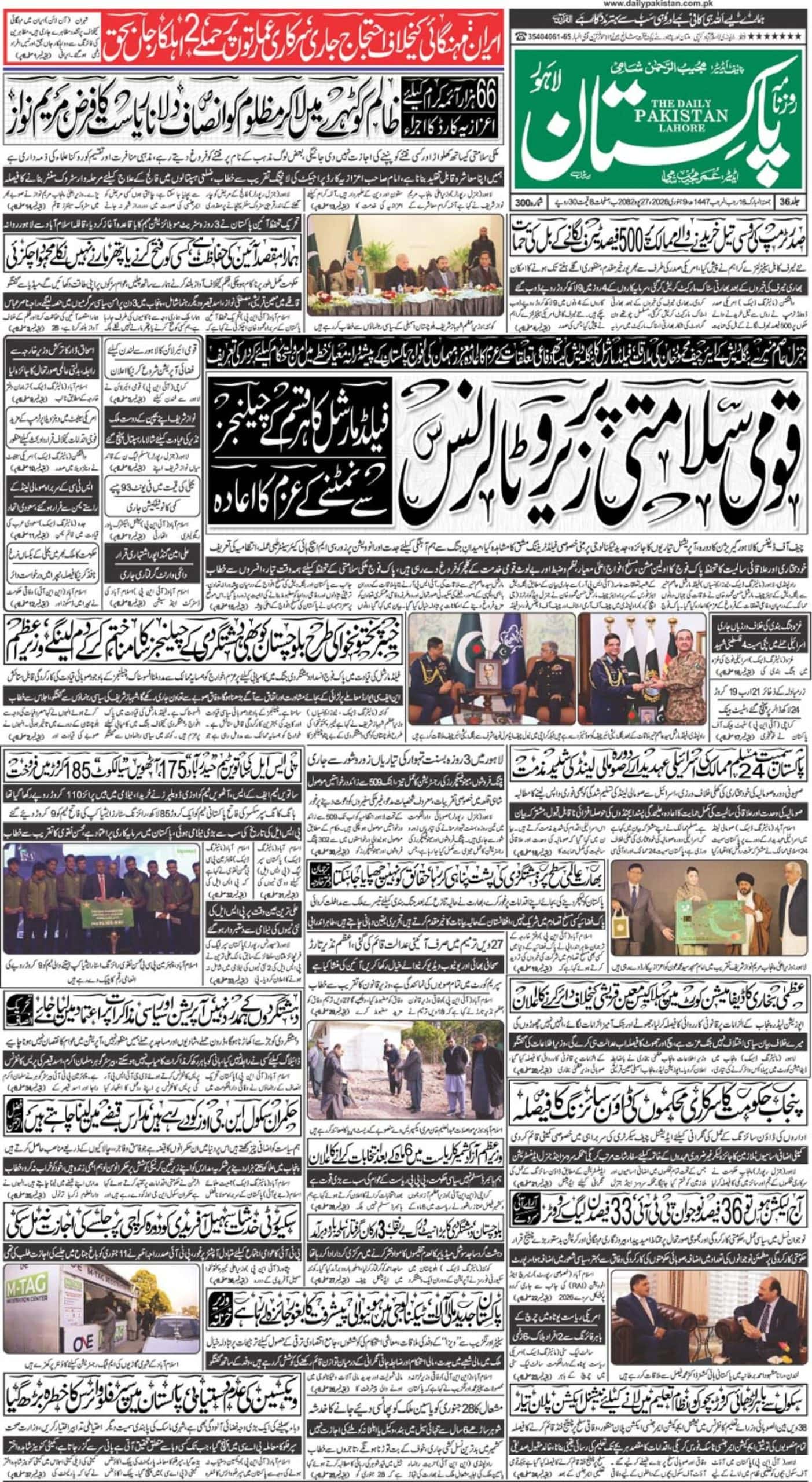LAHORE – The Director General of Punjab Chief Minister’s Strategic Reforms Unit, Salman Sufi, will deliver a lecture on “Pioneering an innovative approach for Combating Domestic Violence: Learnings from Pakistan” at the University of Cambridge, UK, today (Friday).
Violence against women in South Asia plays out in a historical, social, cultural and economic context. The structures and institutions all contribute to its pervasiveness.
Not only do South Asian women require more legal protection from violence, but also where legal protection exists (only four South Asian countries – Sri Lanka, India, Nepal, and Bangladesh – have laws specifically prohibiting domestic violence) economic, social and cultural milieu often inhibit women from accessing legal help. In this current scenario a new way to combat violence has been heralded by the government of Pakistan, which stands at 143rd position among 144 countries on the Global Gender Gap Index developed by the World Economic Forum.
Similarly according to the Gender Inequality Index report released by UNDP in 2016, Pakistan ranks at 121st place in a list of 155 assessed countries.
https://en.dailypakistan.com.pk/pakistan/first-ever-gender-based-violence-court-inaugurated-in-lahore/
A report released by Punjab Commission on the status of women reflects that during 2017 there was a significant 12 percent increase in acts of violence against women in Punjab whereas the incidents of rape have cases increased by 17 percent.
In Punjab province, violence against women, (including beatings, rapes and acid burnings, increased from 5,387 reported cases in 2013 to 7,313 reported cases in 2016.
However, the conviction rate for such crimes remained significantly low. To investigate this phenomenon and ensure the mitigation of such crimes, a research unit was set up in Punjab province.
The findings of the research led to the creation of Women against violence centers (VAWC). The talk informs on the various aspects of the project, (Women against violence centers) including the inception, the implementation and the political economy aspects.
The project has been credited not only for exponentially increasing the reporting (and prevention) of Gender-based violence, but also holds promise in improving the existing gender relations.














